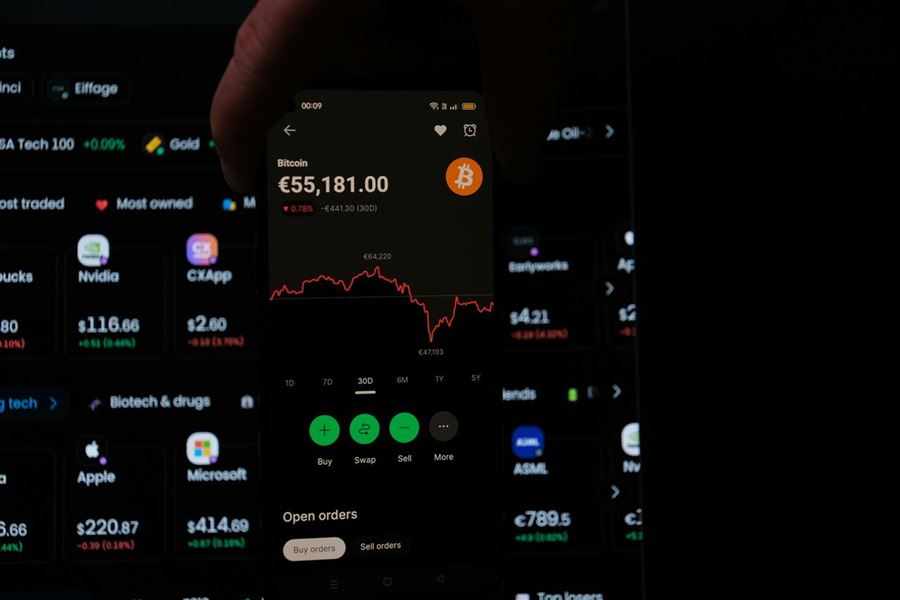The ultimate guide to crypto exchanges

In the fast-evolving world of digital currencies, crypto exchanges have become a crucial component for anyone looking to trade or invest in cryptocurrencies. This article will explain what crypto exchanges are, how they work, and what factors you should consider when choosing one. For a comprehensive crypto exchange ranking, refer to the linked resource.
What is a crypto exchange?
A crypto exchange is a digital marketplace where traders can buy, sell, and convert different cryptocurrencies. Similar to a stock exchange, crypto exchanges act as intermediaries, allowing users to trade digital assets on their platform. These platforms facilitate the transactions between buyers and sellers, providing real-time data on prices and various trading tools.
Types of crypto exchanges
Centralized exchanges (CEX)
Centralized exchanges are operated by a centralized organization and require users to register and verify their identity. These platforms often offer user-friendly interfaces and a wide range of trading options. They are generally more secure, but users must trust the exchange to hold their funds. Examples include Coinbase, Binance, and Kraken.
Decentralized exchanges (DEX)
Decentralized exchanges operate without a central authority, allowing users to trade directly with one another. These exchanges offer greater privacy since no personal information is required and provide users with full control over their funds. However, the user interface can be less intuitive and may involve higher learning curves. Some popular DEXs include Uniswap and SushiSwap.
How crypto exchanges work
Crypto exchanges connect buyers and sellers, maintaining an order book that records all open buy and sell orders. When a buyer's offer matches a seller's asking price, the exchange facilitates the trade by executing the transaction and updating both parties' balances accordingly. Exchanges charge fees for each transaction, which can be a flat fee or a percentage of the transaction value.
Key factors to consider when choosing a crypto exchange
Security
Security is paramount when selecting a crypto exchange. Look for platforms that offer two-factor authentication, encrypted transactions, and cold storage for digital assets. Research past security breaches or hacks to assess an exchange's ability to protect user funds.
Fees
Exchange fees can vary widely across platforms and could significantly impact your overall trading profit. Compare fee structures, including deposit, withdrawal, and trading fees, to find an exchange that offers competitive rates.
Supported cryptocurrencies
If you have a specific cryptocurrency in mind, ensure the exchange supports it. While most exchanges offer popular coins like Bitcoin, Ethereum, and Litecoin, only select exchanges support more obscure or recently launched tokens.
Liquidity
Liquidity refers to the ease with which an asset can be bought or sold without affecting its price. Exchanges with high liquidity usually have a large number of active users, facilitating efficient trade execution.
User experience
A seamless user experience is essential for successful trading. Ensure the exchange has a user-friendly platform that's easy to navigate, especially if you are new to cryptocurrency trading. Some exchanges offer mobile apps for trading on the go.
Customer support
Availability of robust customer support can greatly impact your trading experience. Ensure the exchange offers multiple support channels like email, chat, or phone, including timely responses to queries.
Conclusion
Crypto exchanges are essential for participating in the digital currency market, offering various features and benefits. As you explore different platforms, consider factors such as security, fees, supported cryptocurrencies, liquidity, user experience, and customer support. With the right exchange, you'll position yourself for success in the world of cryptocurrencies. For updated information on top exchanges, you can always check the latest crypto exchange ranking.